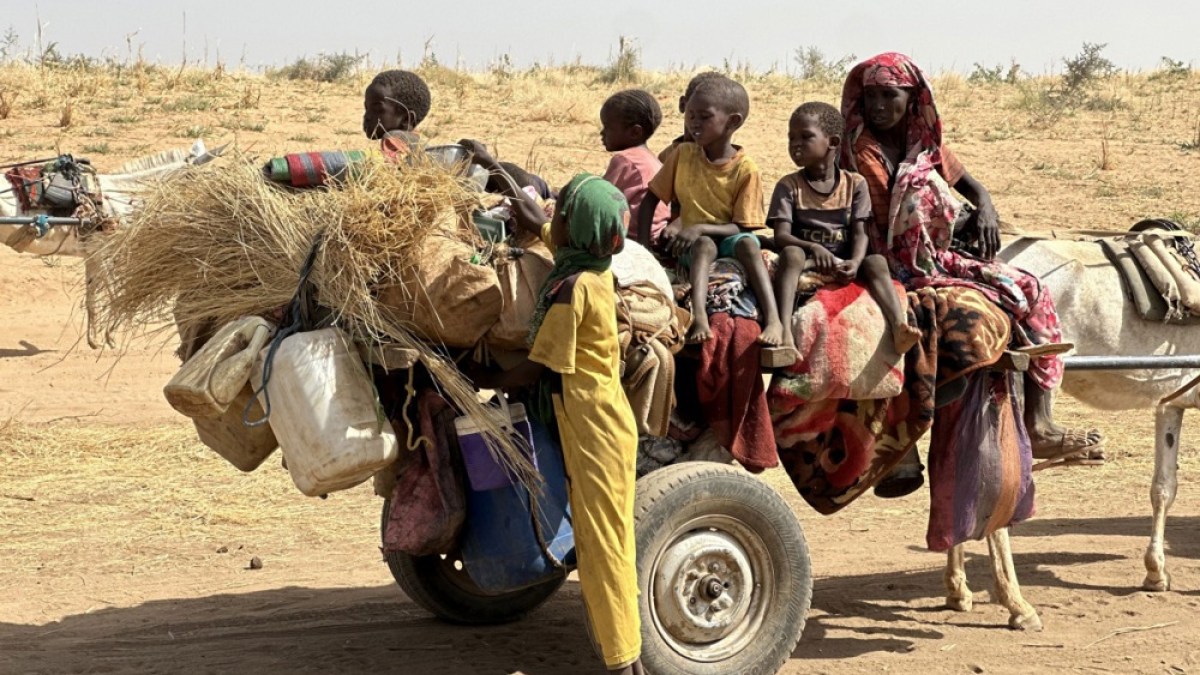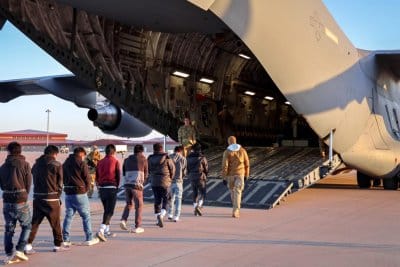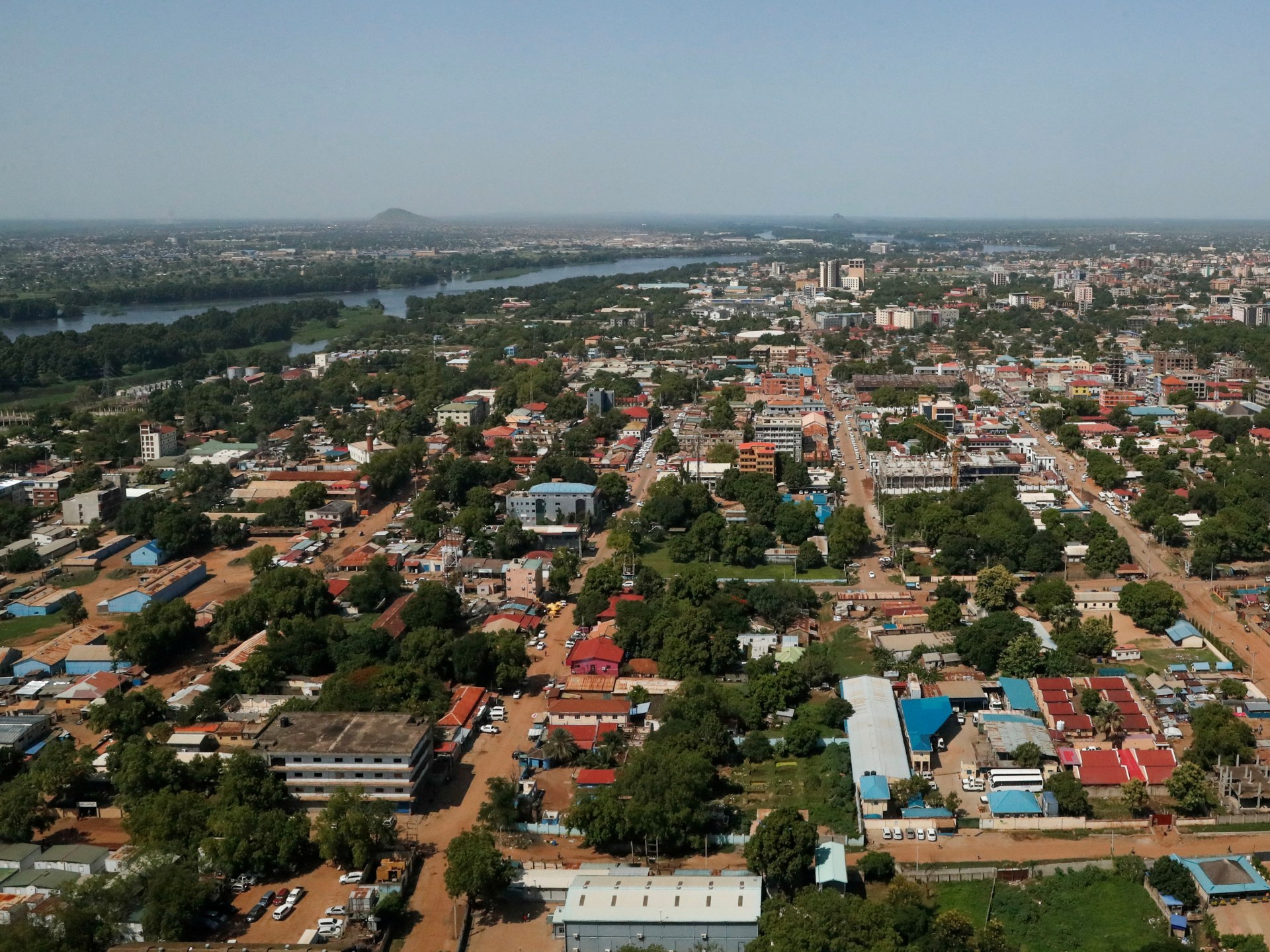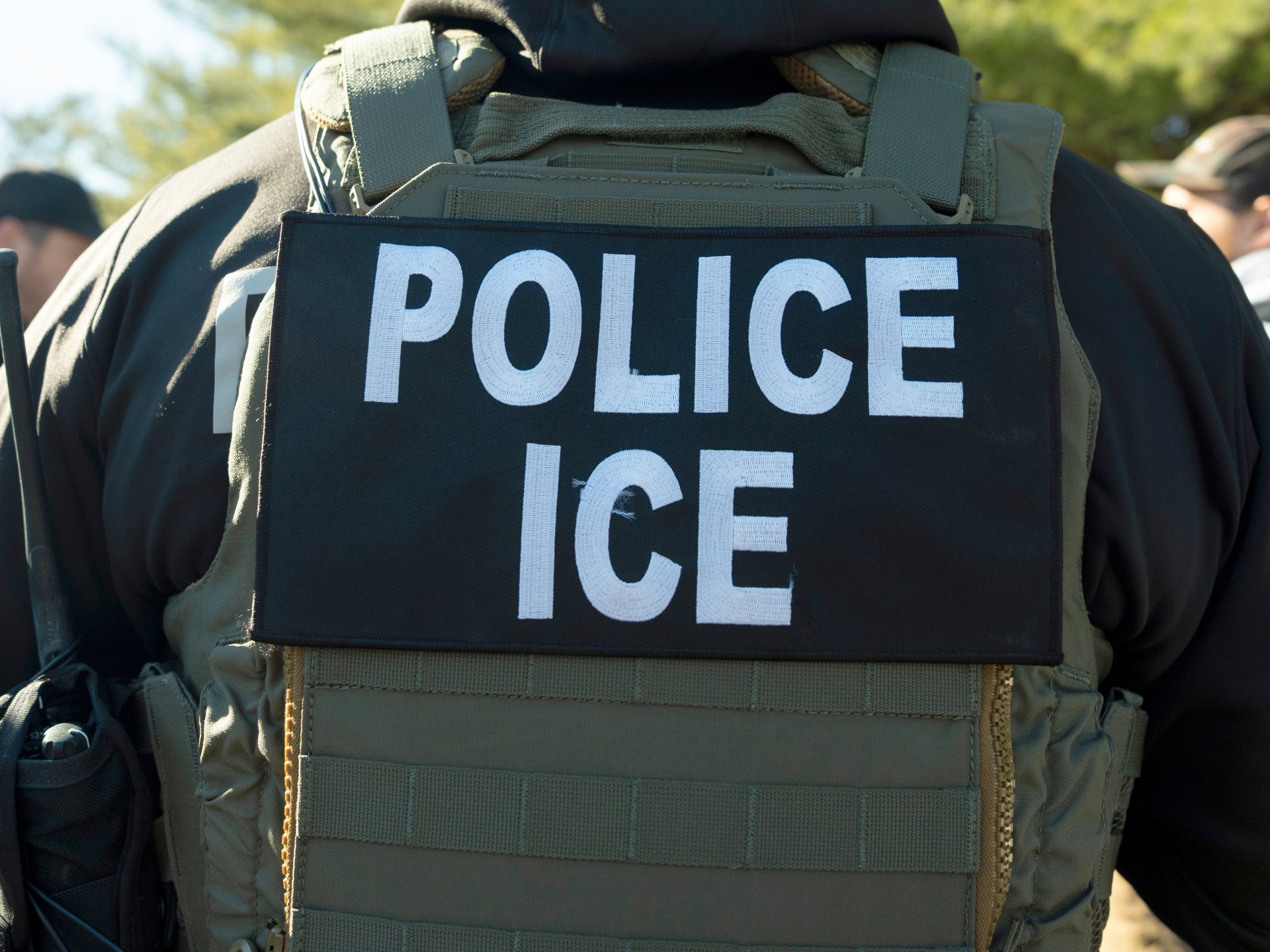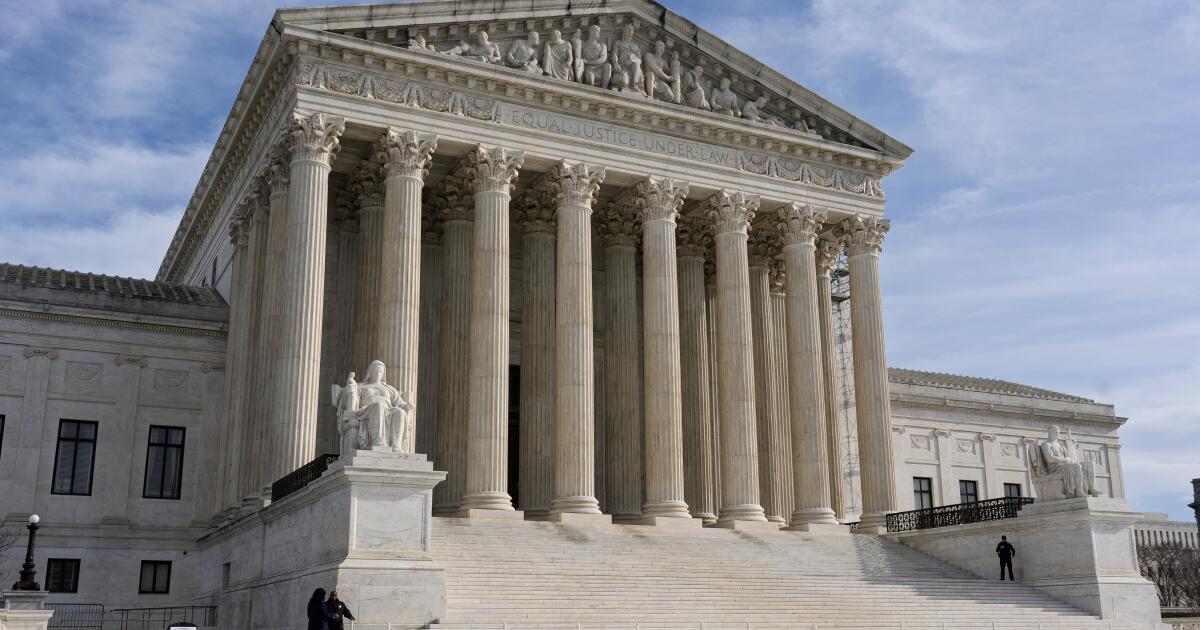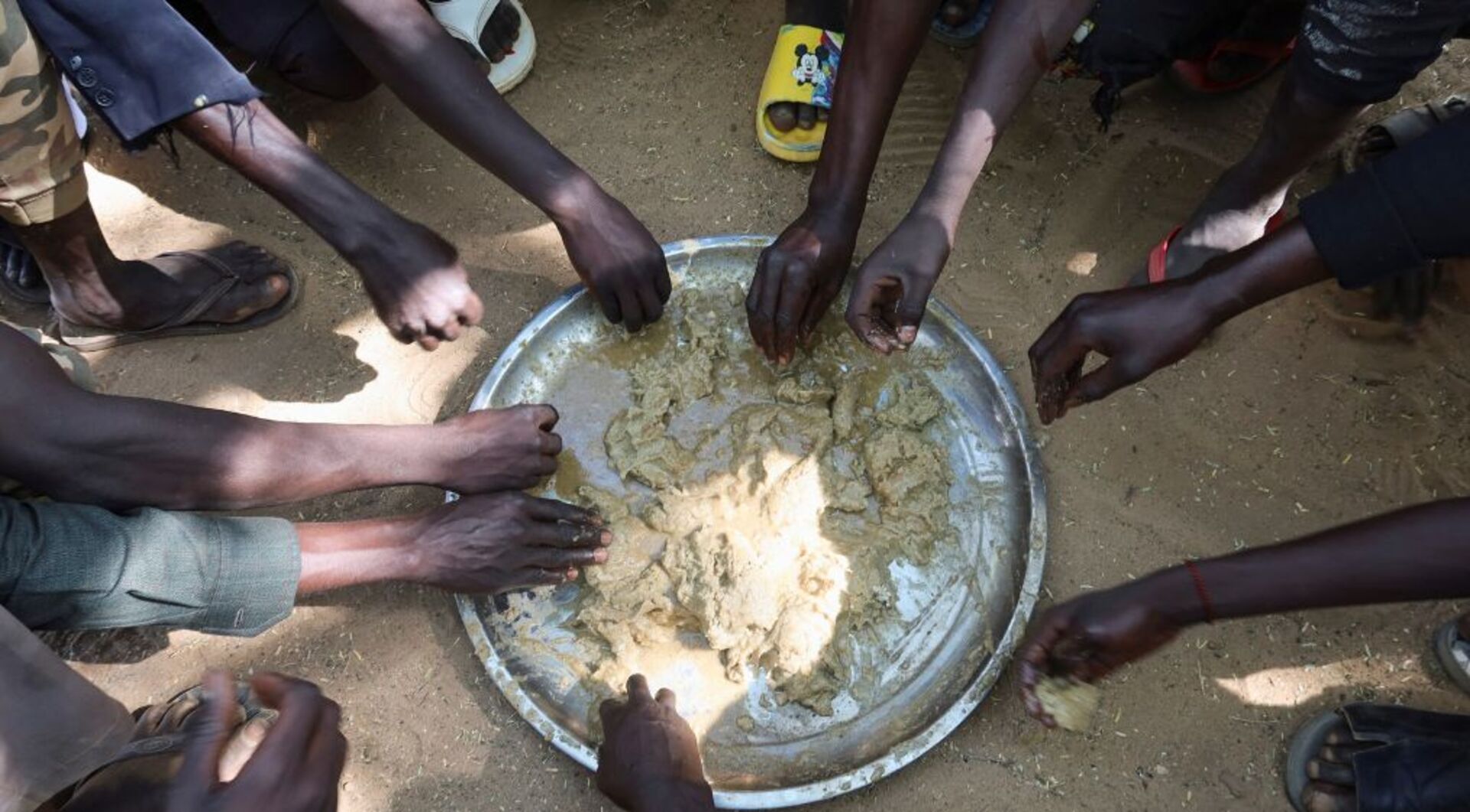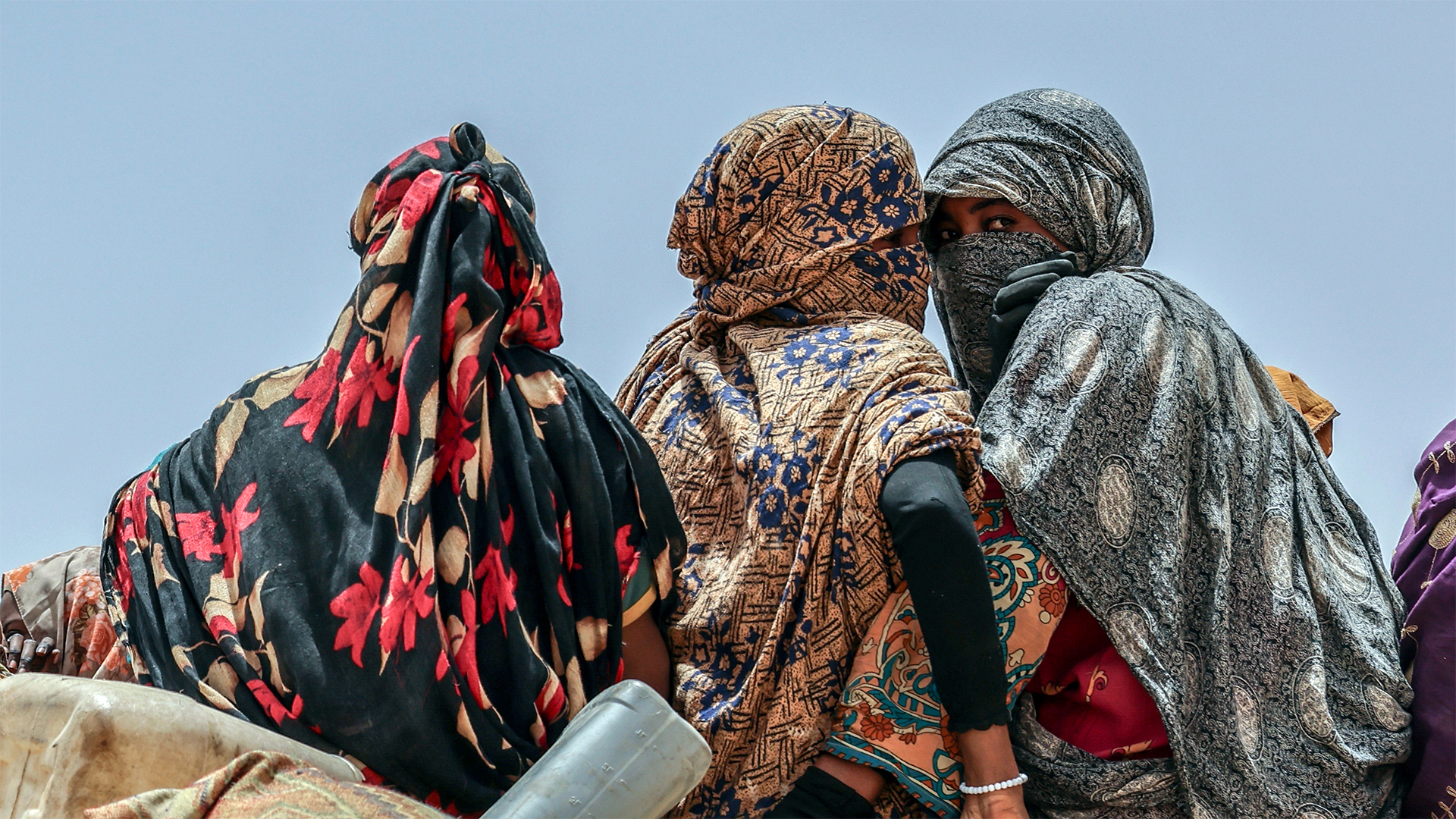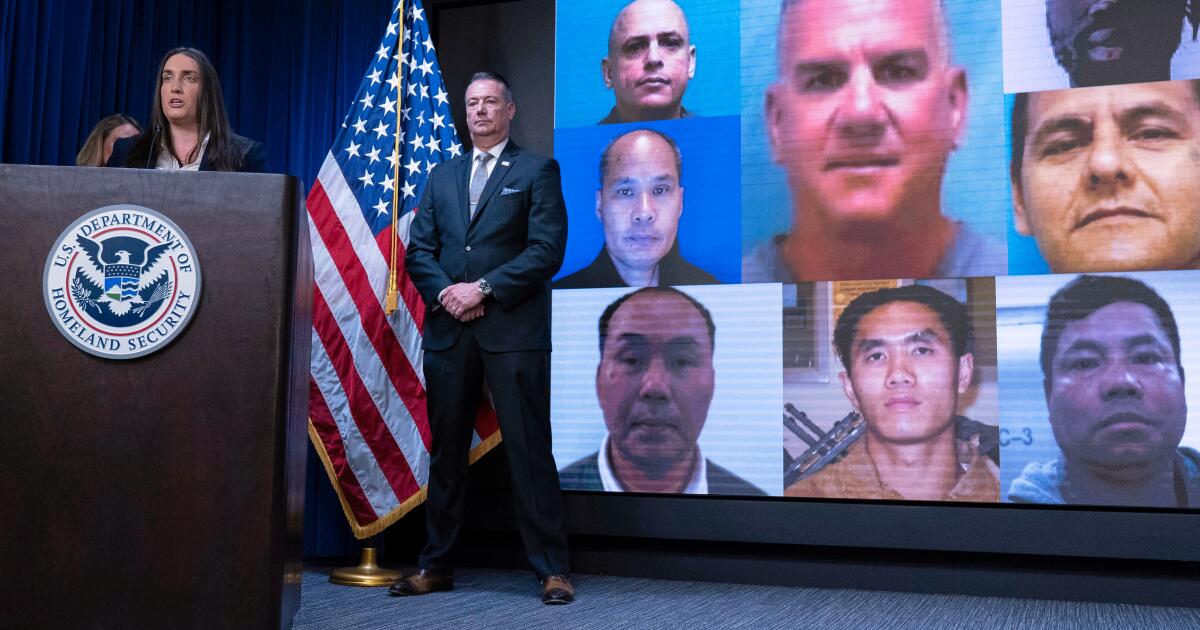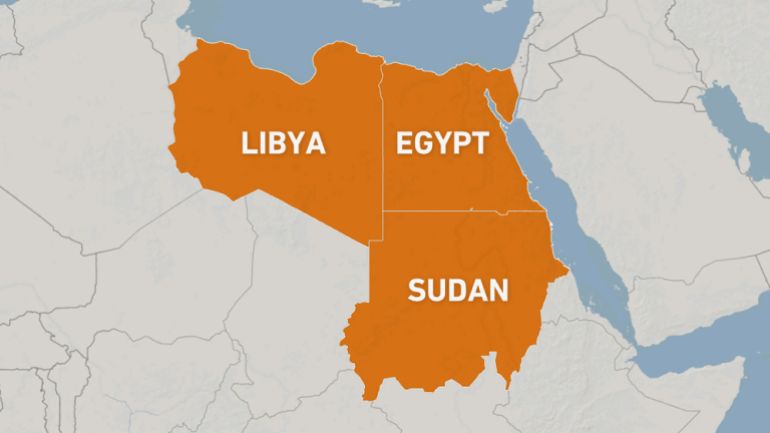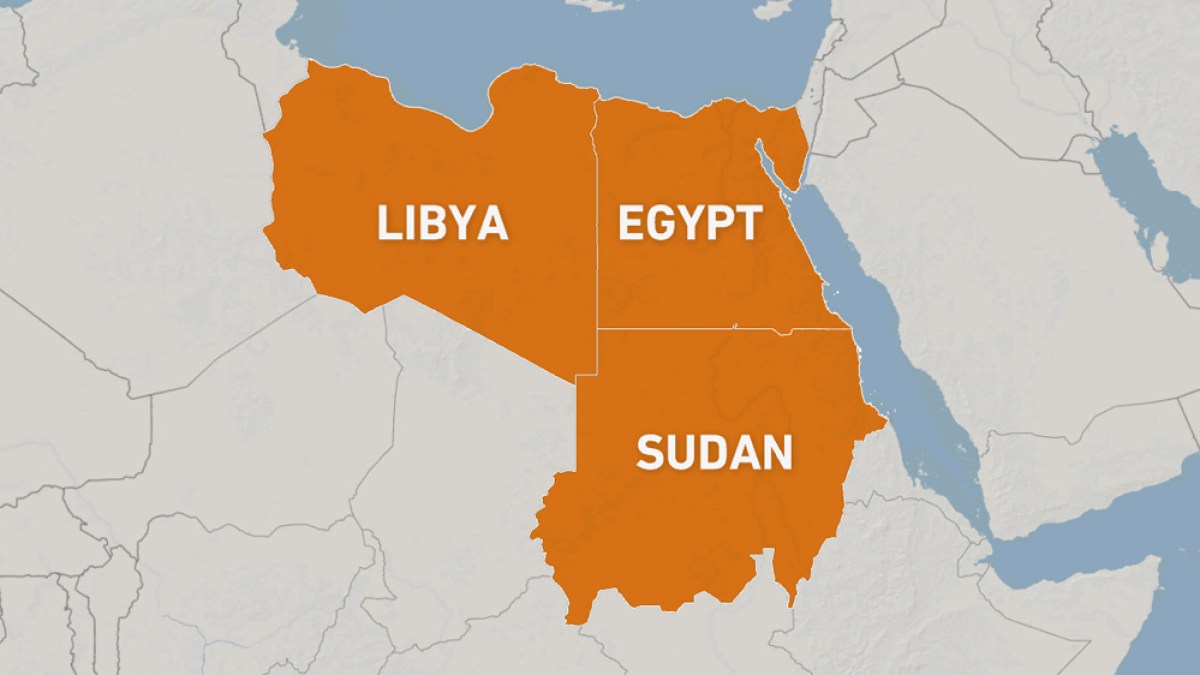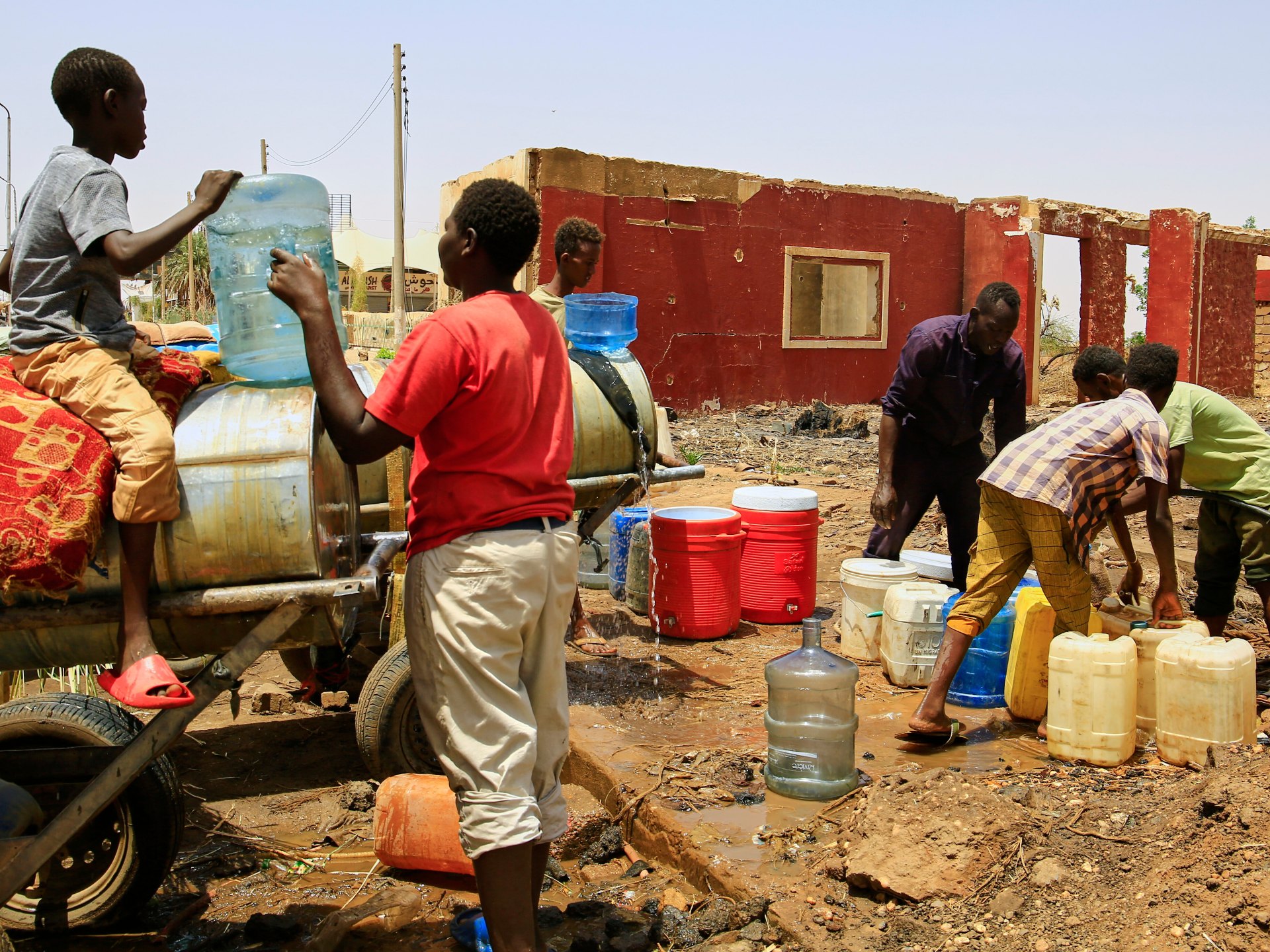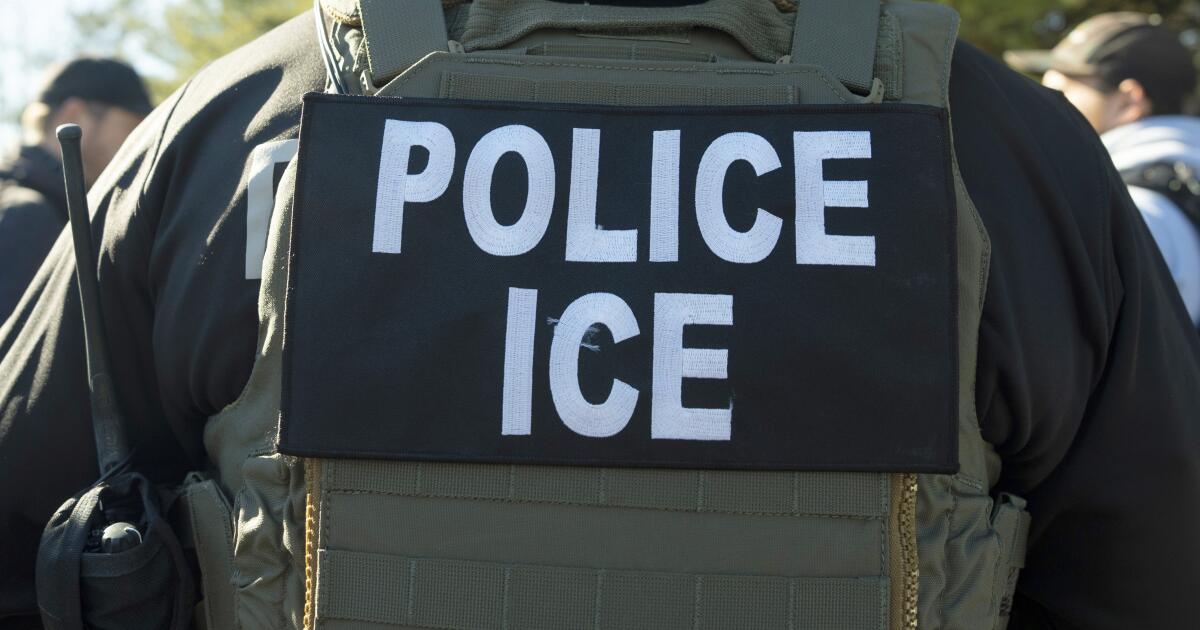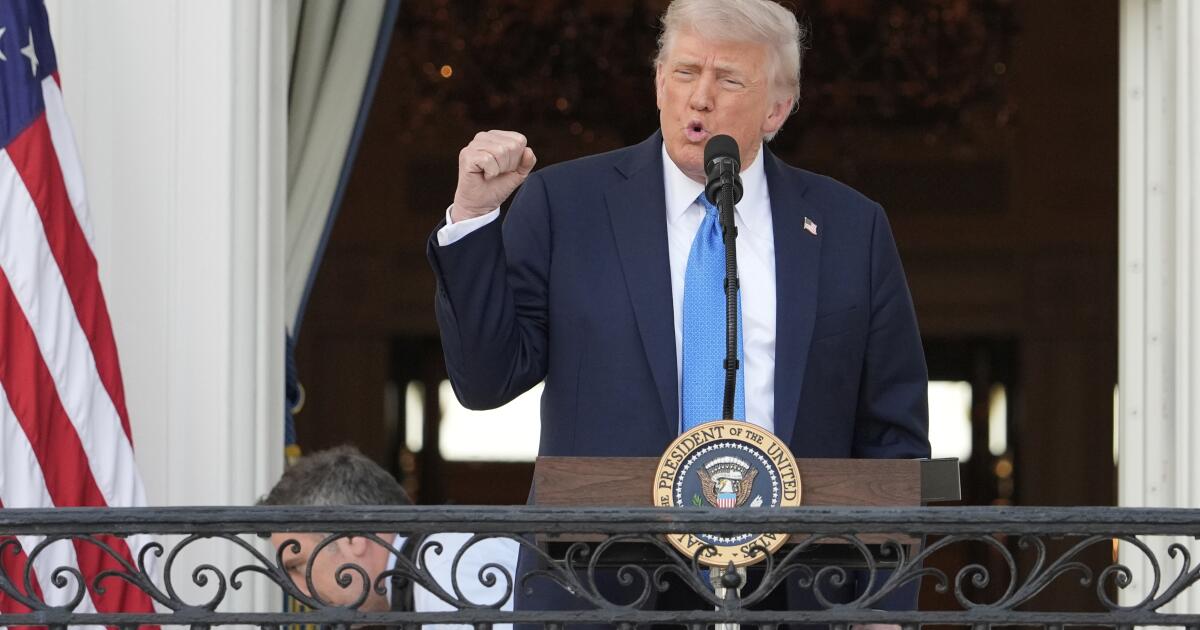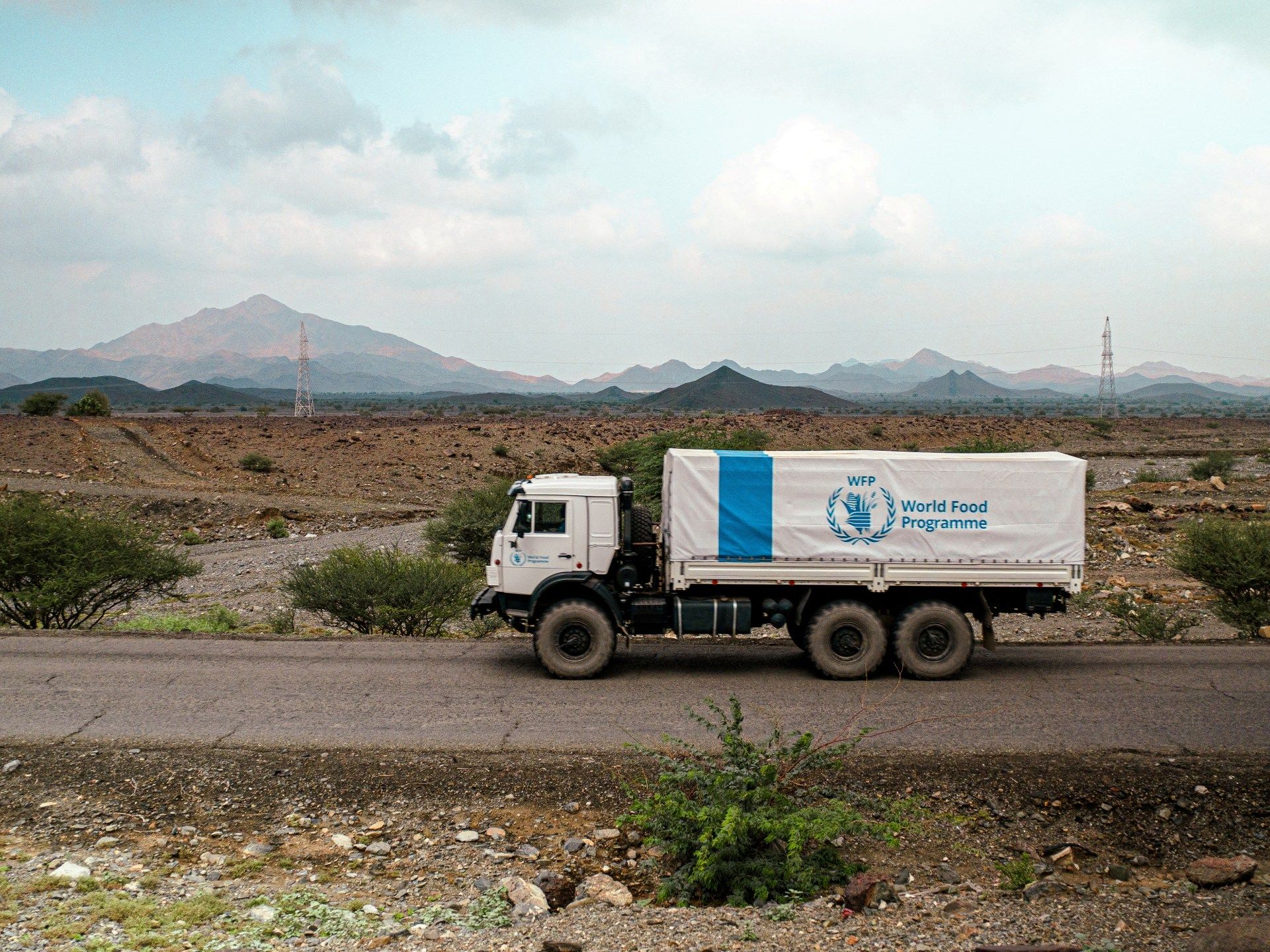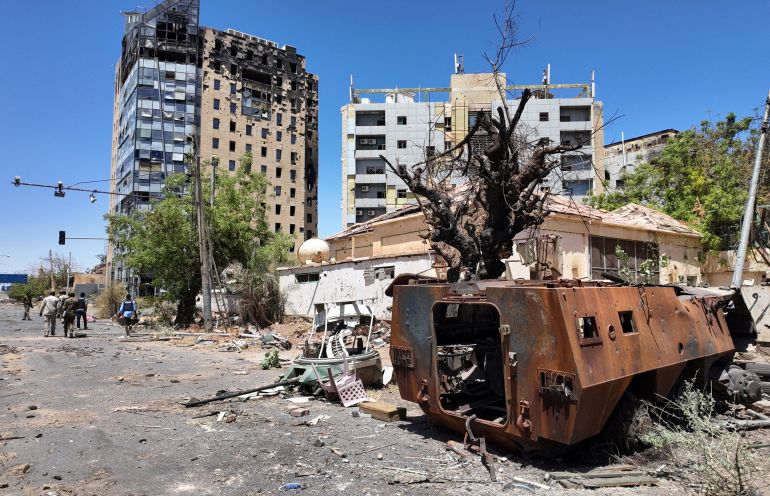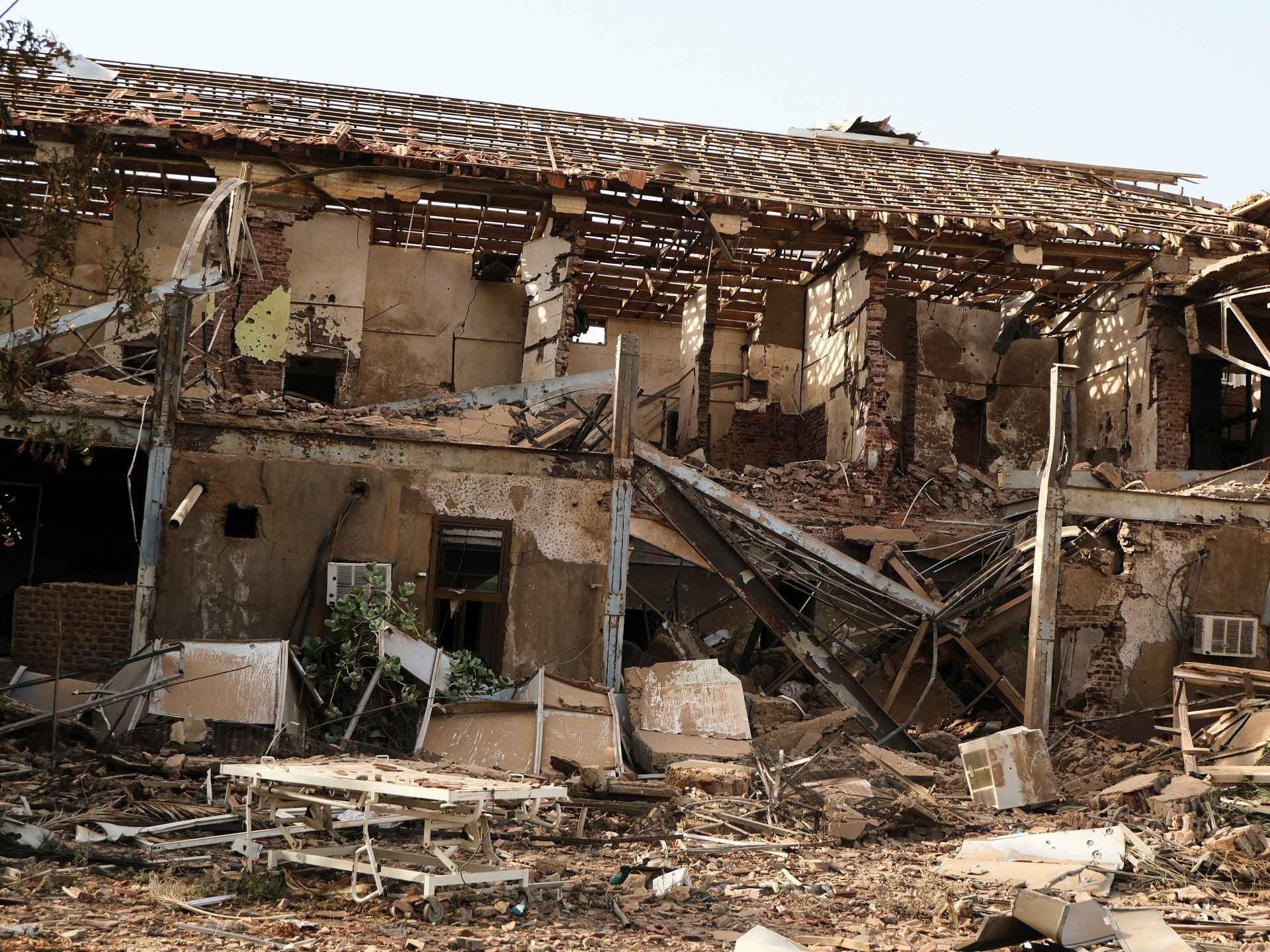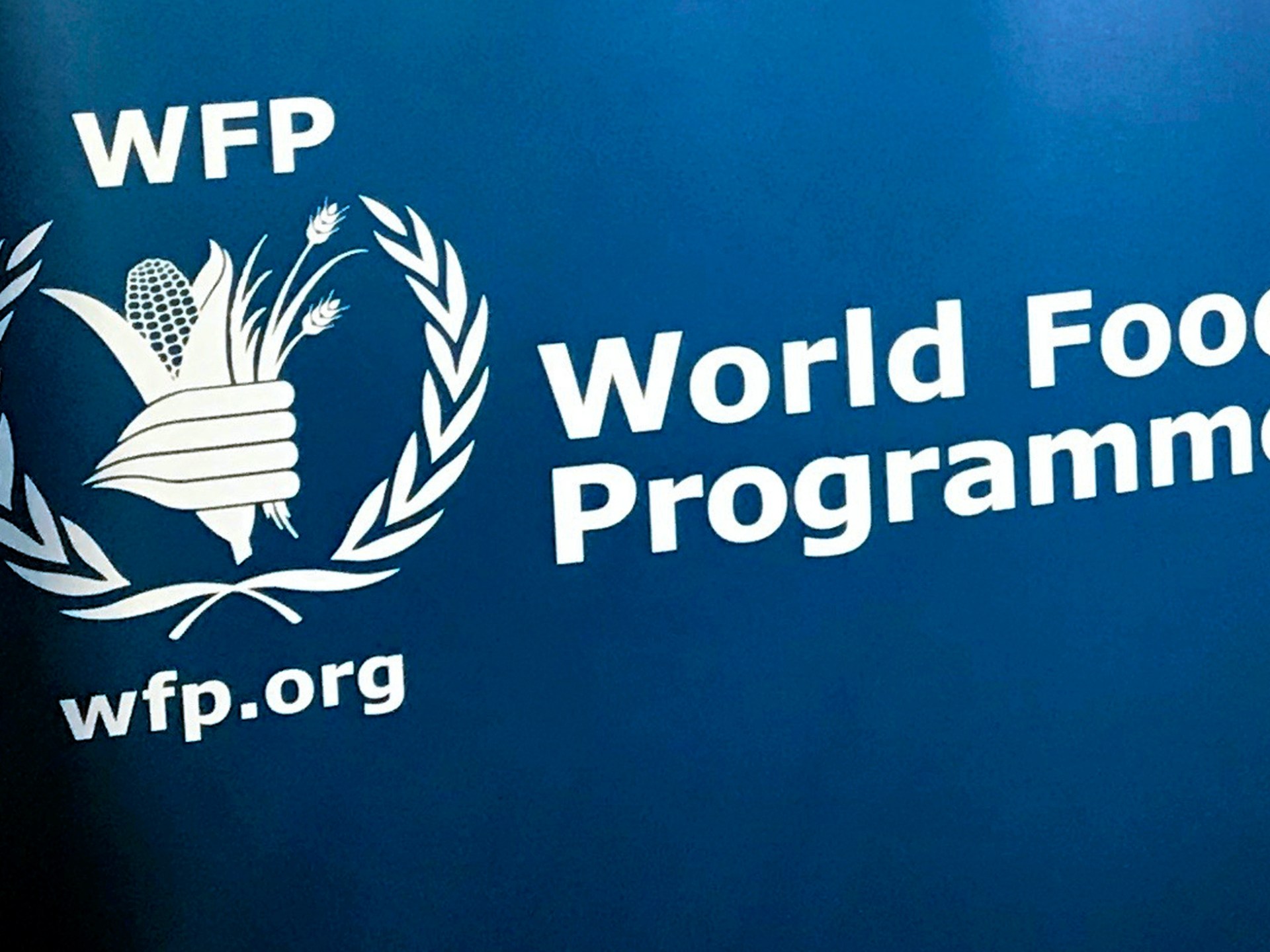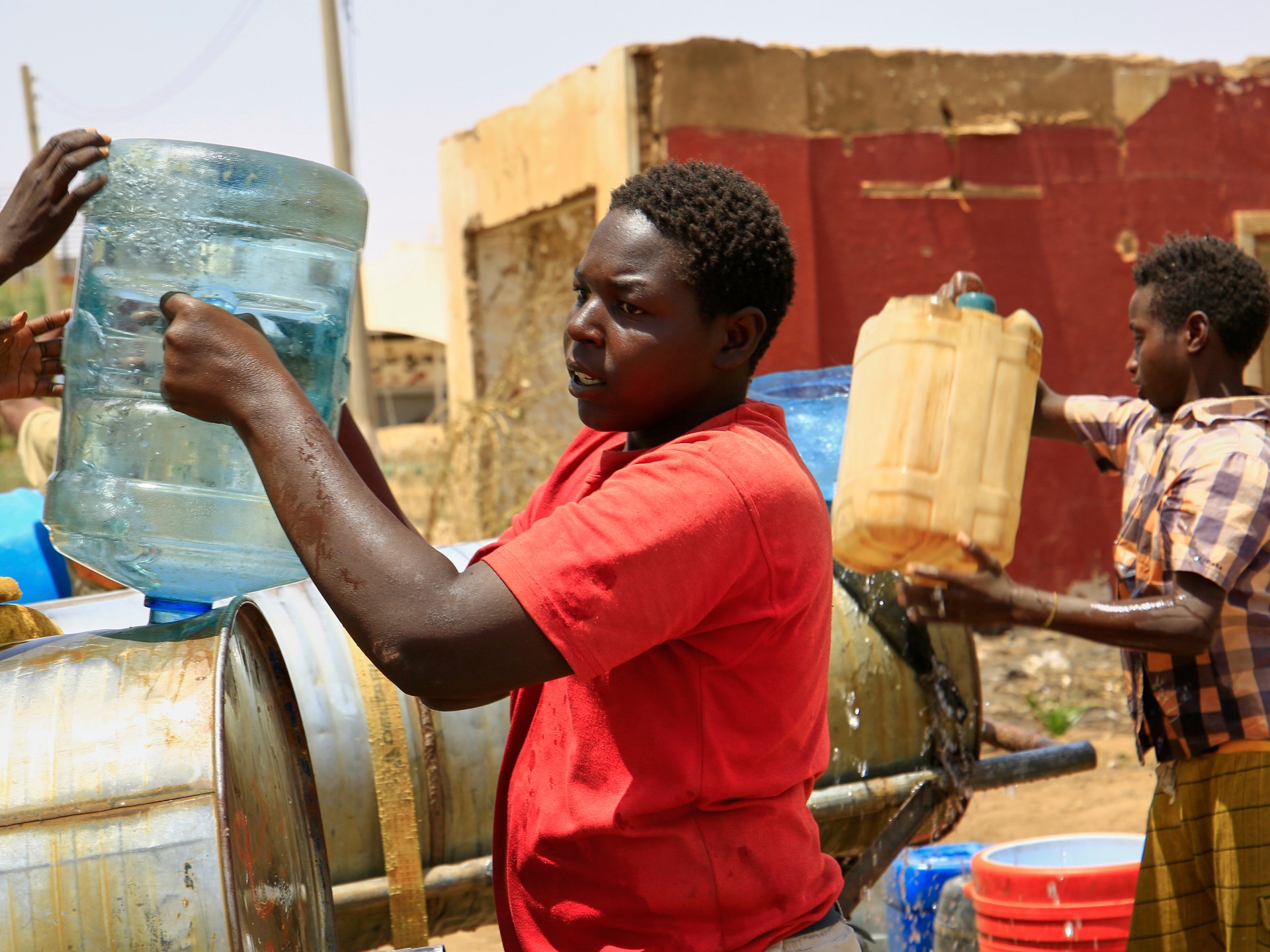Aid workers and activists are fearful that new regulations announced by Sudan’s army-backed government will lead to a crackdown on local relief volunteers, exacerbating the catastrophic hunger crisis affecting 25 million people across the country.
A directive announced by Khartoum state on its official Facebook page this month said all relief initiatives in the state must register with the Humanitarian Aid Commission (HAC), a government body that oversees humanitarian operations in Sudan.
The HAC was given expanded powers to register, monitor and – critics argue – crack down on local and Western aid groups by former leader Omar al-Bashir in 2006, according to aid groups, local relief volunteers and experts.
“HAC is trying to monitor and restrict the work of ERRs by forcing us to register, … and I fear they will arrest volunteers if we keep working but don’t register,” Ahmed*, a local volunteer in Khartoum, said, referring to the Emergency Response Rooms, grassroots committees that are spearheading the humanitarian response in Sudan.
Khaled Abdelraheem Ahmed, the HAC commissioner for the state of Khartoum, confirmed the new directive to Al Jazeera.
He said registration requires paying a fee of roughly $800 and submitting a list of names of the employees or volunteers in each relief initiative.
“[Nobody] is allowed to carry out humanitarian activities without registering,” Abdelraheem said.
Indispensable relief
The new directive is raising concern among ERRs. They have been instrumental in feeding, protecting and rescuing civilians from attacks since the civil war erupted between Sudan’s regular army and the paramilitary Rapid Support Forces (RSF) in April 2023.
The ERRs maintain a public stance of neutrality in an effort to preserve humanitarian access irrespective of who controls the areas they operate in at any given time.
Still, they have been attacked by both sides throughout the war.
Local activists, foreign aid workers and experts now suspect that the HAC is trying to register ERRs in Khartoum to try to monitor and coopt their activities and profit from their already meagre budgets.
Any constraints or impediments to their work could have devastating consequences for civilians in Khartoum, said Kholood Khair, a Sudan expert and the founder of the Confluence Advisory think tank.
“In Khartoum, it’s one meal a day for a lot of people in a lot of areas,” she told Al Jazeera.
“If people start missing that one meal because [ERR] volunteers are not turning up because they don’t feel safe enough to [show up and feed them], then obviously that means that famine levels will go through the roof,” Khair added.
Experts and aid workers previously told Al Jazeera that they consider the HAC an outfit for military intelligence.
Al Jazeera contacted army spokesperson Nabil Abdullah to comment on the accusations against the HAC.
He did not respond before publication.
The head of the HAC, Najm al-din Musa, previously denied allegations that the commission was involved in aid diversion, telling Al Jazeera that they were “lies”.
Politicising aid
The HAC has long been accused of imposing bureaucratic impediments to prevent international aid groups from reaching regions outside the army’s control.
It often forces aid agencies to apply for multiple – seemingly endless – permissions from various ministries and security branches as a way to significantly delay or outright block access to regions outside the army’s control and in urgent need, aid workers previously told Al Jazeera.
This practice has led experts, global relief workers and human rights groups to accuse the army of using food and aid as a weapon of war.
Yet Hamid Khalafallah, an expert on Sudan’s grassroots movements and a PhD candidate at Manchester University in the United Kingdom, believes the HAC is further politicising aid by forcing ERRs to register.
“[The HAC] wants to control the programming of [the ERRs] and make sure that it matches their priorities, … which are obviously politicised and follow the guidelines of the de facto [army] government,” he told Al Jazeera.
In addition, local relief workers and experts fear that if ERR members in Khartoum register with the HAC, then their names could be handed over to intelligence branches, exposing them to unwanted harassment or arrest.
Shortly after the army recaptured most of Khartoum in March, a number of “hit lists” circulated over social media, Khalafallah said.
The lists accused hundreds of civilians who did not have the resources to flee from the RSF while it controlled Khartoum of cooperating with the group.
The names of some ERR members were on the lists.
Competition and autonomy
The army has created some of its own humanitarian committees called “Karama” (Dignity), which have been providing some services to civilians in Khartoum, four local relief workers told Al Jazeera without providing details.
The relief workers did say that the Karama committees have not tried to obstruct the work of the ERRs.
Local volunteers still worry that the Karama committees were designed to help the army build a loyal constituency through aid provision.
“The [army] wants the services to go through the people they appoint. They will handle distribution of food, medicare and whatever else,” said Noon*, a local volunteer from one of the ERRs.
“It’s a type of propaganda,” she told Al Jazeera.
ERR volunteers worry that if they register with the HAC, then they will be prohibited from aiding their communities if they ever come back under RSF control.
This could significantly harm the trust that ERR volunteers have built with their communities since the start of the war, they said.
Others worry that the HAC will try to restrict and impede the work of ERRs once they register as part of a broader ploy to empower Karama committees at their expense.
However, experts and international aid workers both said the army is not doing enough to repair basic services in a city that has been destroyed by the RSF.
In contrast, the ERRs have been effective in acting quickly to mitigate the humanitarian catastrophe in Sudan because volunteers do not need approval from a state authority before making life-saving decisions, Khalafallah said.
“This requirement [to register] with HAC is absolutely damaging for ERRs because the work they do is based on being totally independent and … [on having a model] where accountability looks downwards to the beneficiaries,” he said.
Profiteering off aid?
The ERRs are struggling to raise enough money to support their communities.
They now worry they will be forced to cough up money to the HAC if they have to register with it.
“We know that HAC will take a cut from our budgets. … This is the main problem [with registering] really,” Noon said.
The HAC has a long history of shaking down aid agencies for money. Even before the war, they forced aid groups to hire HAC staff to deliver aid and sit in on job interviews.
One foreign relief worker who did not wish to be named said international aid agencies who have supported ERRs since the start of the war will likely continue to do so quietly whether they register or not. However, the source warned that United Nations agencies may make concessions to the HAC.
“What the UN agrees to [with the HAC] will have an impact on everybody else, and it will undermine the position of everybody else,” the source said.
Daniel Tengo, the UN Office for the Coordination of Humanitarian Affairs (OCHA) spokesperson for Sudan, told Al Jazeera that the UN has not decided whether it will maintain or cease support to ERRs that do not register with the HAC.
He added that OCHA is in touch with ERRs and waiting for them to make a decision.
“OCHA is aware of the recent communication from Khartoum HAC and has reached out to the coordination body of the Emergency Response Rooms to better understand the implications,” he said.
“ERRs confirmed awareness of [HAC’s directive] and indicated that internal discussions are ongoing on how best to respond,” Tengo told Al Jazeera.
Local relief workers in Khartoum explained that each ERR in Khartoum will deliberate among its own members and then share their opinion with other ERRs.
In the end, they will reach a unanimous decision.
“Maybe we will find another creative solution,” said Salma*, a local volunteer.
“We are just trying to find a way to keep working without creating more fights and problems,” she told Al Jazeera.
*The names of local aid workers have been changed due to safety concerns.
